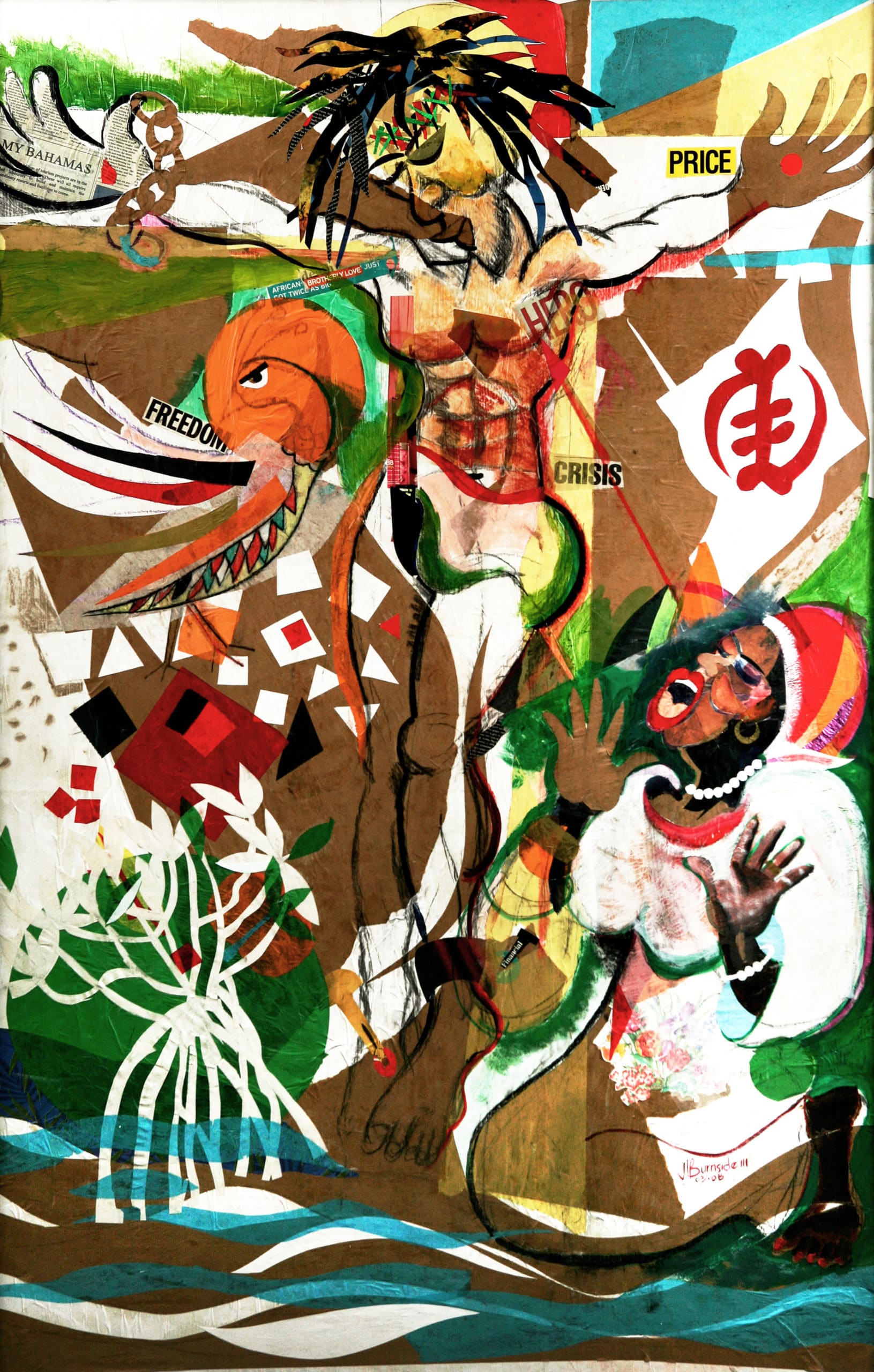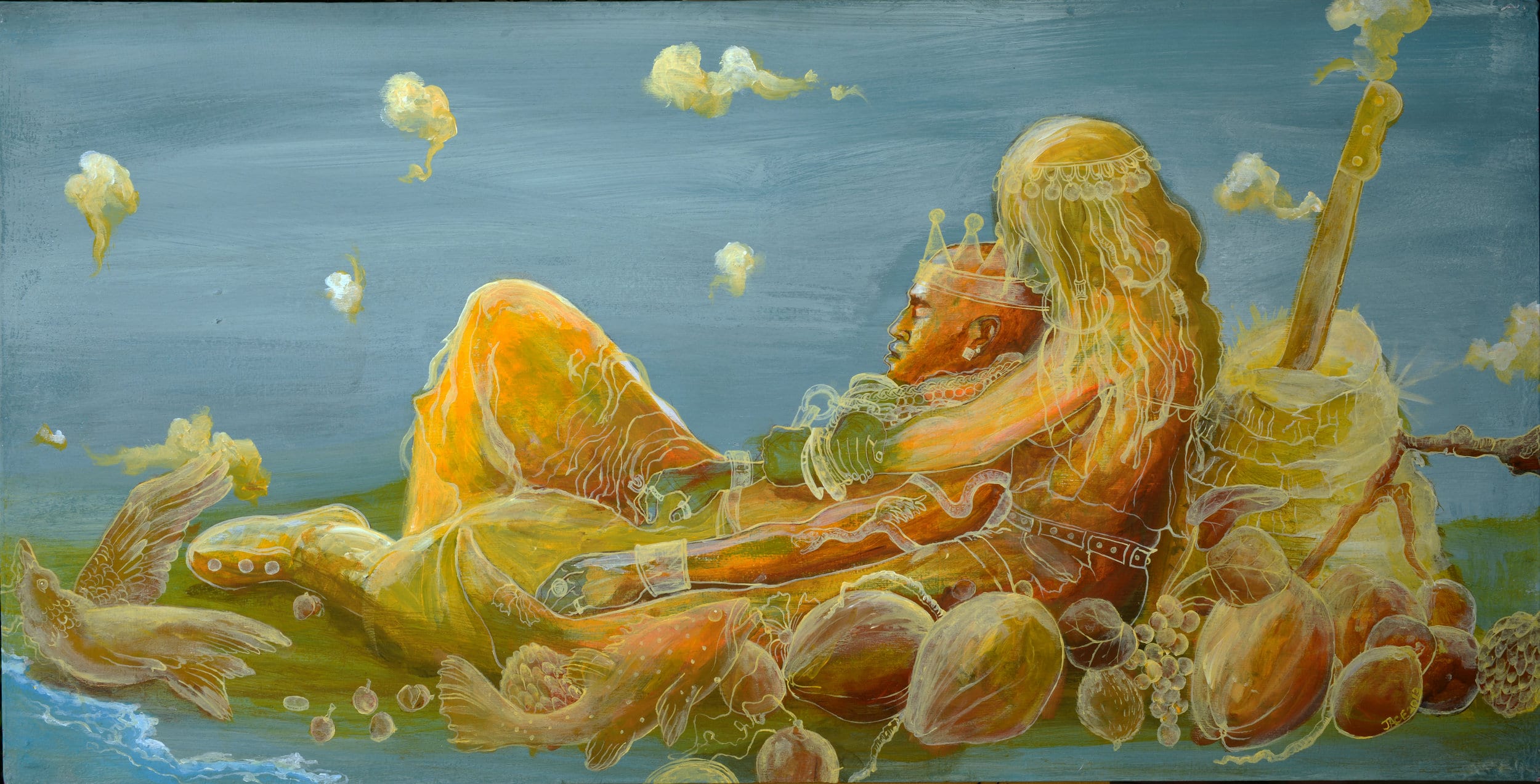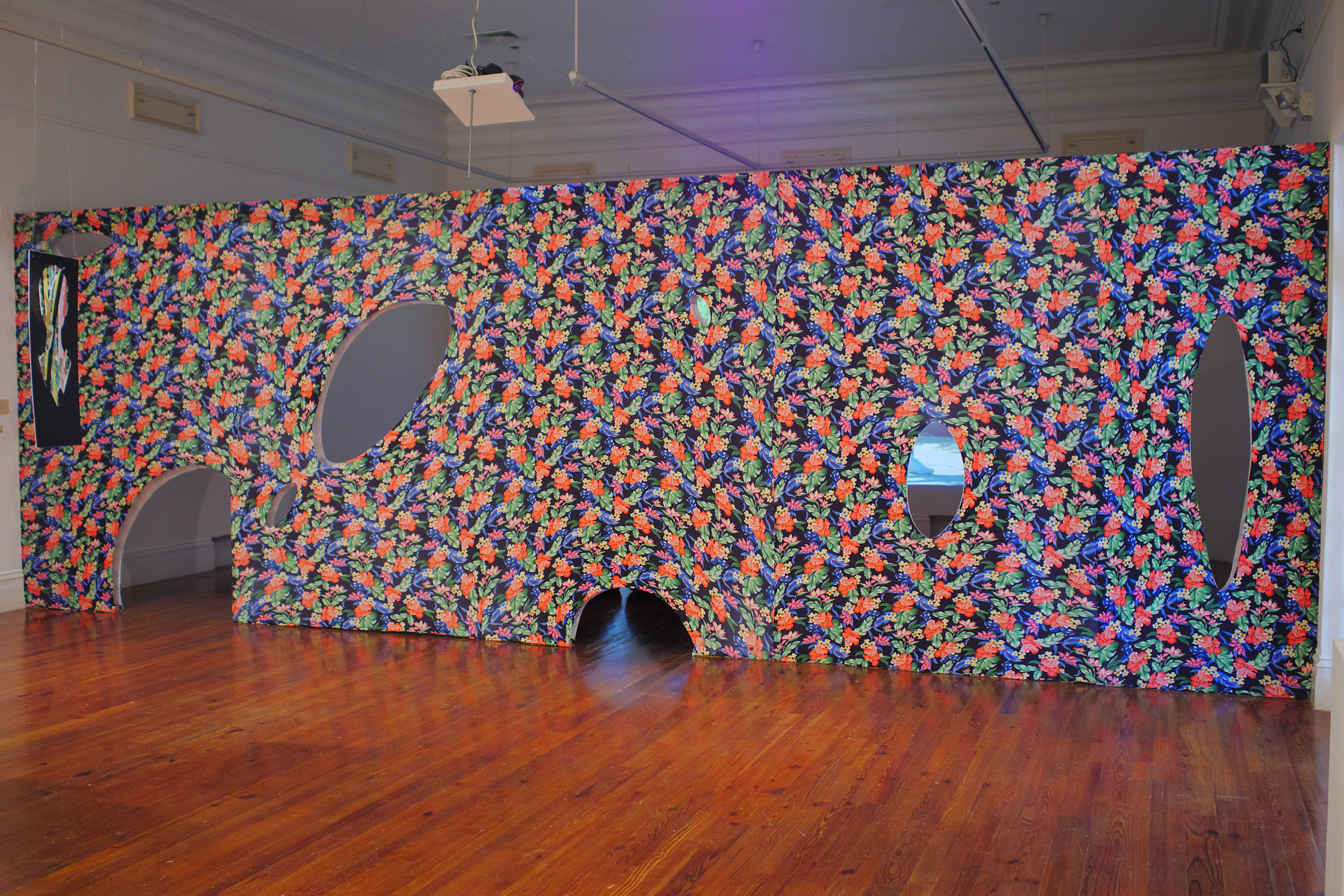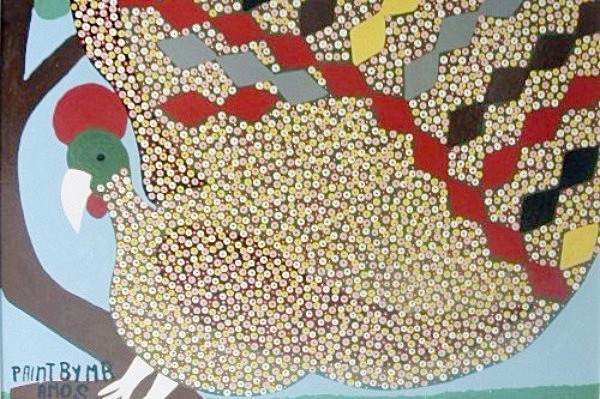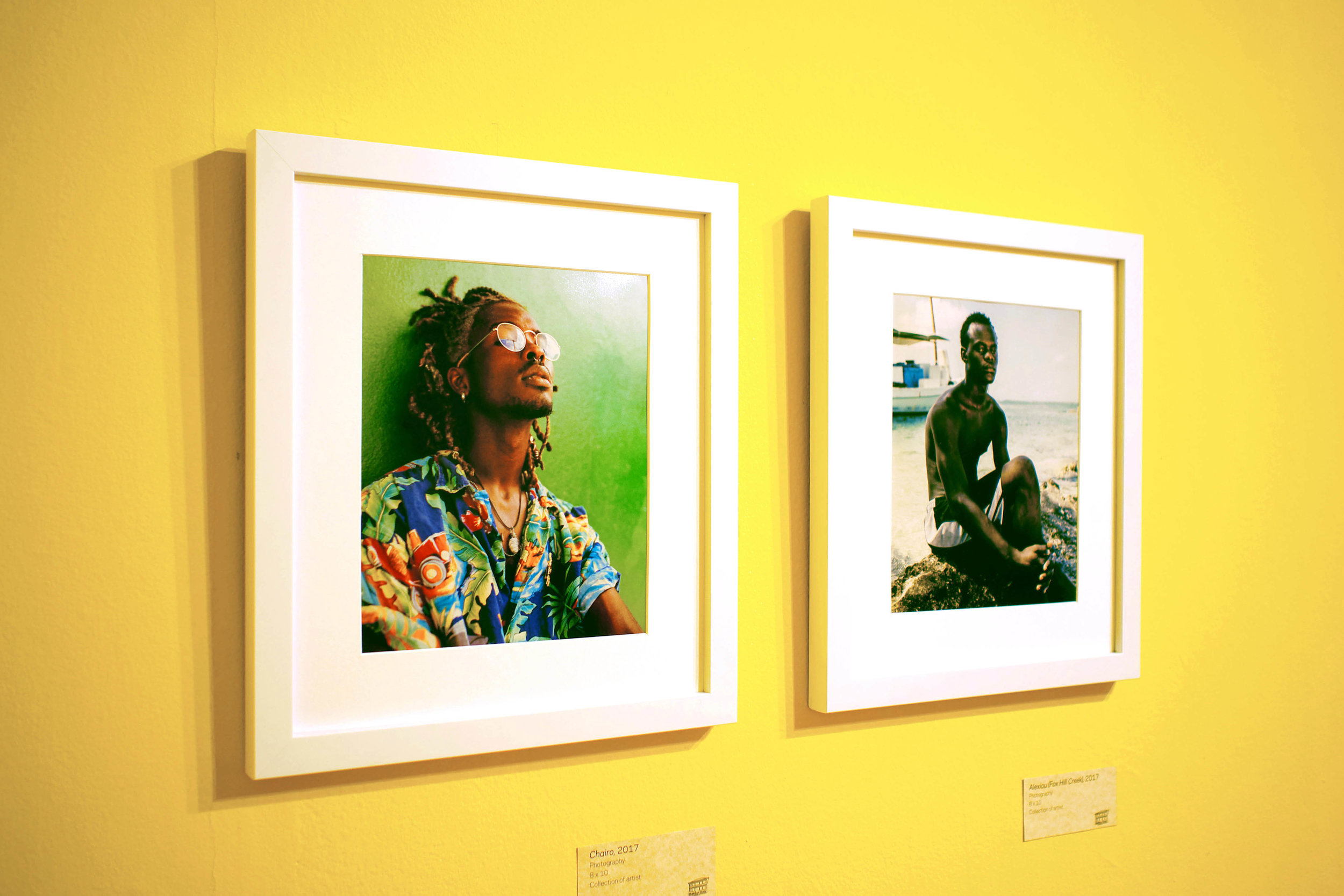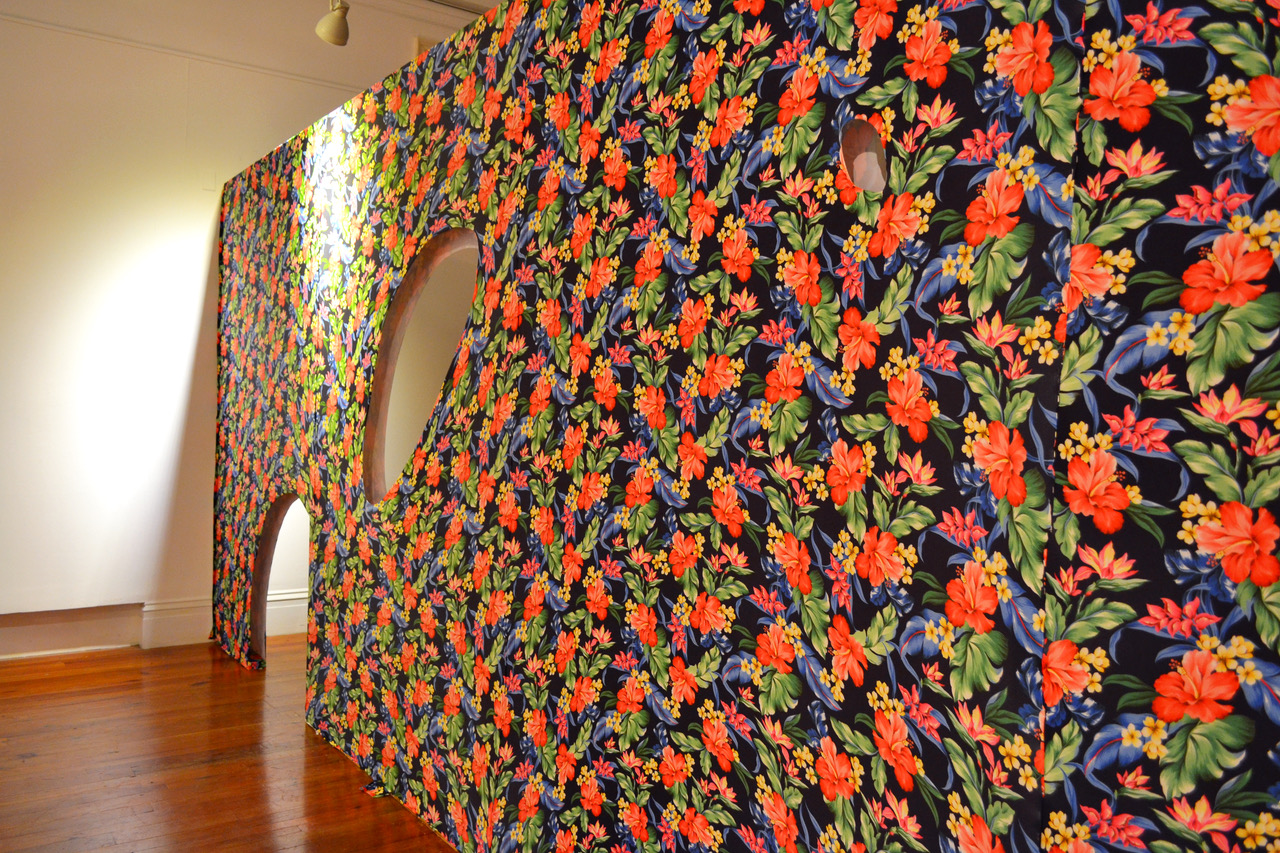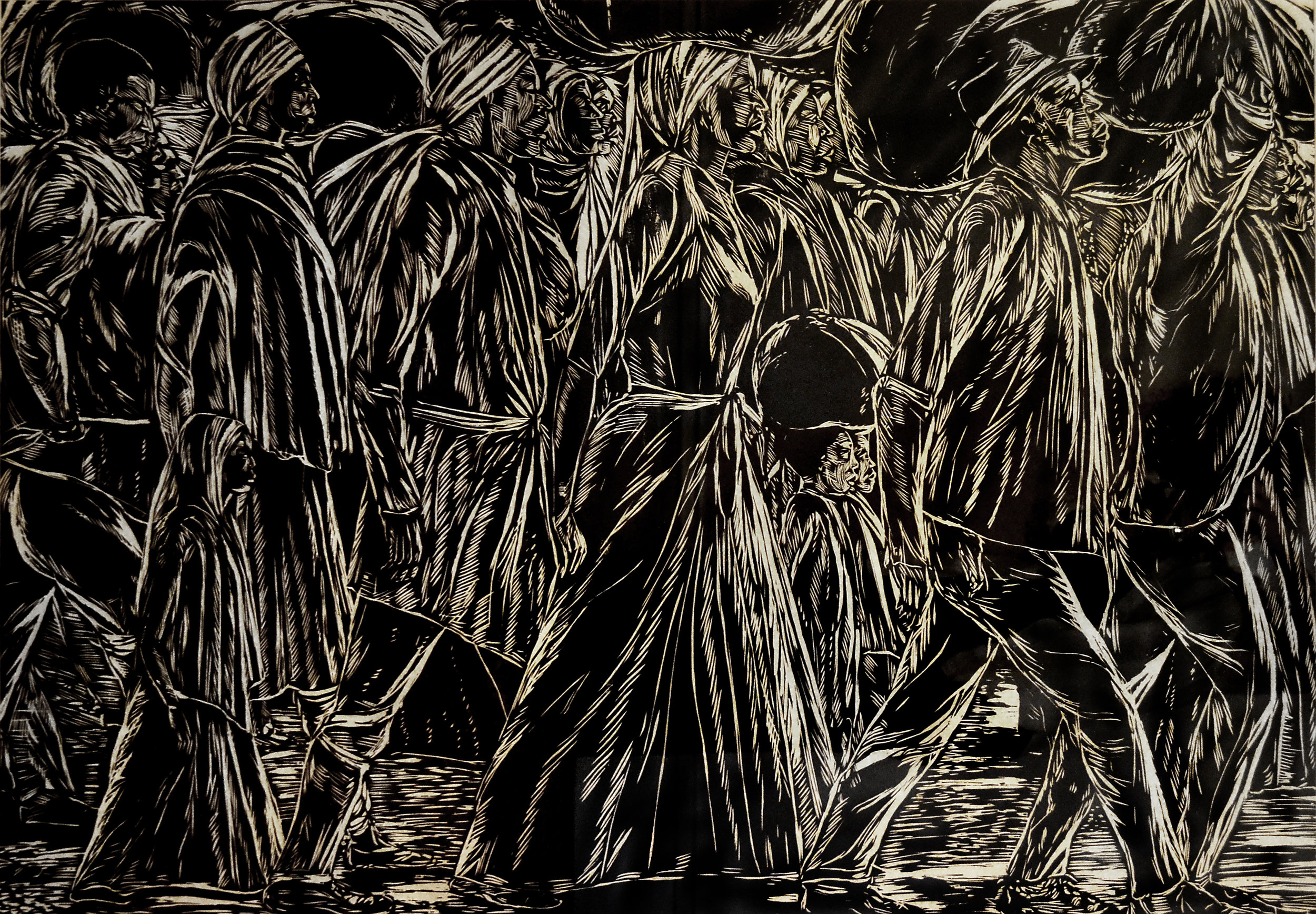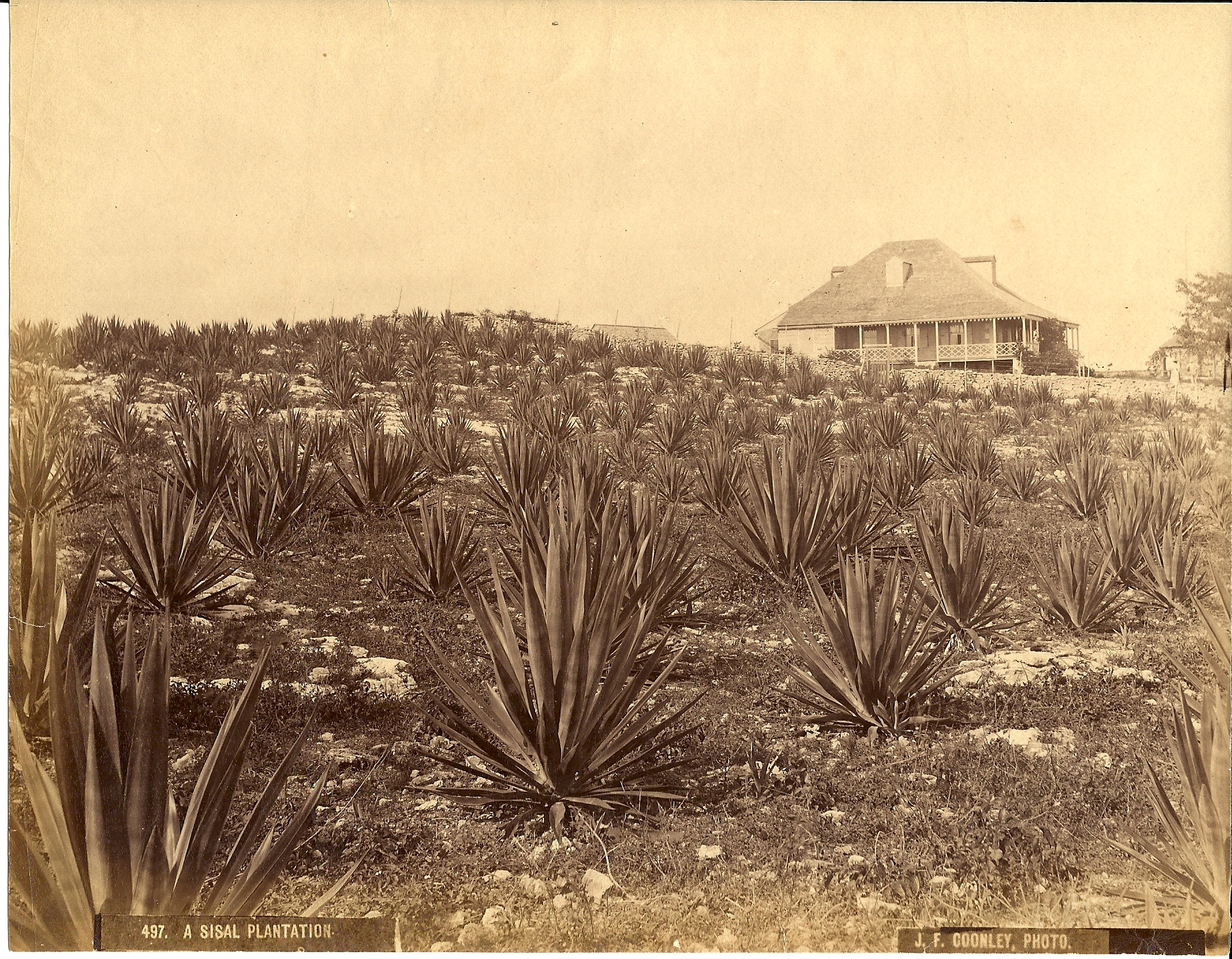Currently browsing: Editorial
Golden Touch and Go: Jace McKinney’s imagines golden kings and living dangerously in “Trumped” (2013)
Unpacking Identity with Joiri Minaya
The sixth iteration of Double Dutch “Re: Encounter,” featuring the works of Dede Brown and Joiri Minaya, starts to address how important it is from a curatorial perspective to provide opportunities for artists, who are looking for ways to mitigate the sense of frustration that they feel within their practice, by allowing a moment to experiment. The following is the first in a two-part series of long-form Q+As that seeks to expand upon both projects. We connect with Joiri Minaya, a Dominican-American multi-disciplinary artist whose work deals with identity, otherness, self-consciousness and displacement.
Building empathy through culture: Taking a seat at your table
Two Arts Professionals: One Mission
“It’s the National Collection, not the Nassau Collection.” That was the sentiment, expressed by NAGB Assistant Curator Natalie Willis and triumphantly echoed in the National Art Gallery’s very first travelling exhibition. At its heart an outreach project, Abby Smith, the NAGB Community Outreach Officer led the way. What began as a visit to one island, evolved into a four island tour that included workshops, curator talks and school visits. However, none of it could transpire without the art and the story.
Creative Youth: Reevaluating our values and the work of young people.
By Dr Ian Bethell Bennett. The Bahamas has quickly become a country with multilayered and multifaceted youth conflicts. Over the last ten years, these issues have taken the fore and removed the focus from real and positive change. Violence, youth disengagement and youth disaffection can be addressed through creative expression and creative practice. However, in a school system that argues for a focus on the STEM and not STEAM, but without any real engagement–where art and performance are seen as outside and unwanted stepchildren–it is significant that some young Bahamians are excelling in their work and their creative expression.
Re-Encounter: Thoughts of a Mad Mind
So much of our lives is defined by our relationship with space and indeed with water, or a space that is not a space, but is actively always churning and redefining itself and its boundaries. We engage at a new level now as boundaries mean little, except for the new and ever-increasing global boundaries that allow capital flow but insist on barring the flow of people. We live in a time of shifting and yet unchanging spaces.
Searching for Empathy: Revaluing self in relation to others
By Dr. Ian Bethel Bennett. Where is our empathy? Empathy is our ability to understand other people’s experiences and to provide some support, either from afar or from nearby. We understand, or so we claim, that Black Lives Matter; we get the idea that Black and Latino youth have different experiences in the United States than most white children.
We Lost Two Cultures That Day: Hurricane Irma and the Loss of Cultural Material
By Natalie Willis. It’s easy to think of culture as being purely in the hands of the people: it’s in our mother tongues, our food, our dance and architecture. And, in many ways, it is. But it also leaves a residue, it sticks to our spaces and buildings and trees and forests and oceans, so that when our elders pass on, they leave just a tiny bit of themselves around for us to remember what we come from and we build upon that. With this in mind, and with heavy heart, we must look to the implications of Irma and her aftermath. Both Inagua and Ragged Island were deemed uninhabitable this week and it is important to look at the full extent of what that means… We lost two cultures.
Living in the Shadows of Empire: territories of dark and light
Remembering our past – navigating our shadowy future. Dr. Ian Bethell-Bennett explores the commonalities of post-colonial countries in last Saturday’s “Arts and Culture.”
